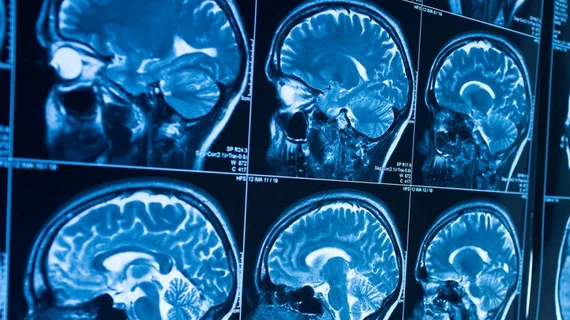National Science Foundation issues $1M grant to eliminate imaging contrast with AI
Researchers at Case Western Reserve University have received a $1.125 million grant from the National Science Foundation (NSF) to develop new methods of diagnosing cancer.
According to an announcement, the research team—made up of medical experts and engineers—is specifically looking for new ways to have artificial intelligence (AI) diagnose cancer without the need for expensive, potentially hazardous—and often uncomfortable—chemical contrast often injected into patients before MRI imaging.
The team aims to create a safer, quicker, and more cost-effective process by generating “virtual” contrast-enhanced images using AI without the need for any actual chemicals. This is achieved by leveraging AI's technical strengths to provide valuable diagnostic information, effectively having a model see things the human eye can’t typically see. The researchers call this technique an “AI contrast agent.”
“With this grant, our multidisciplinary team aims to improve the medical-imaging process for clinical staff and patients,” project leader Shuo Li, an associate professor at the university’s Case School of Engineering said in the statement. “Virtual contrast-enhanced imaging could save time and money while continuing to provide the best care to patients”
The proposed nonchemical imaging technique comes with a promise to eliminate allergic reactions, while also saving imaging rooms time. Additionally, the researchers hope developing a reliable AI contrast agent will alleviate supply chain issues, with global supplies of contrast materials having been restrained throughout last year.
The grant is funded through the NSF Smart Health and Biomedical Research in the Era of Artificial Intelligence and Advanced Data Science, an interagency program that supports advances in computer and data science, engineering, mathematics and related research to better public health.

